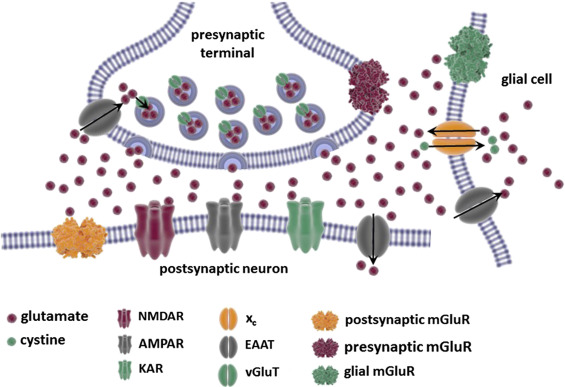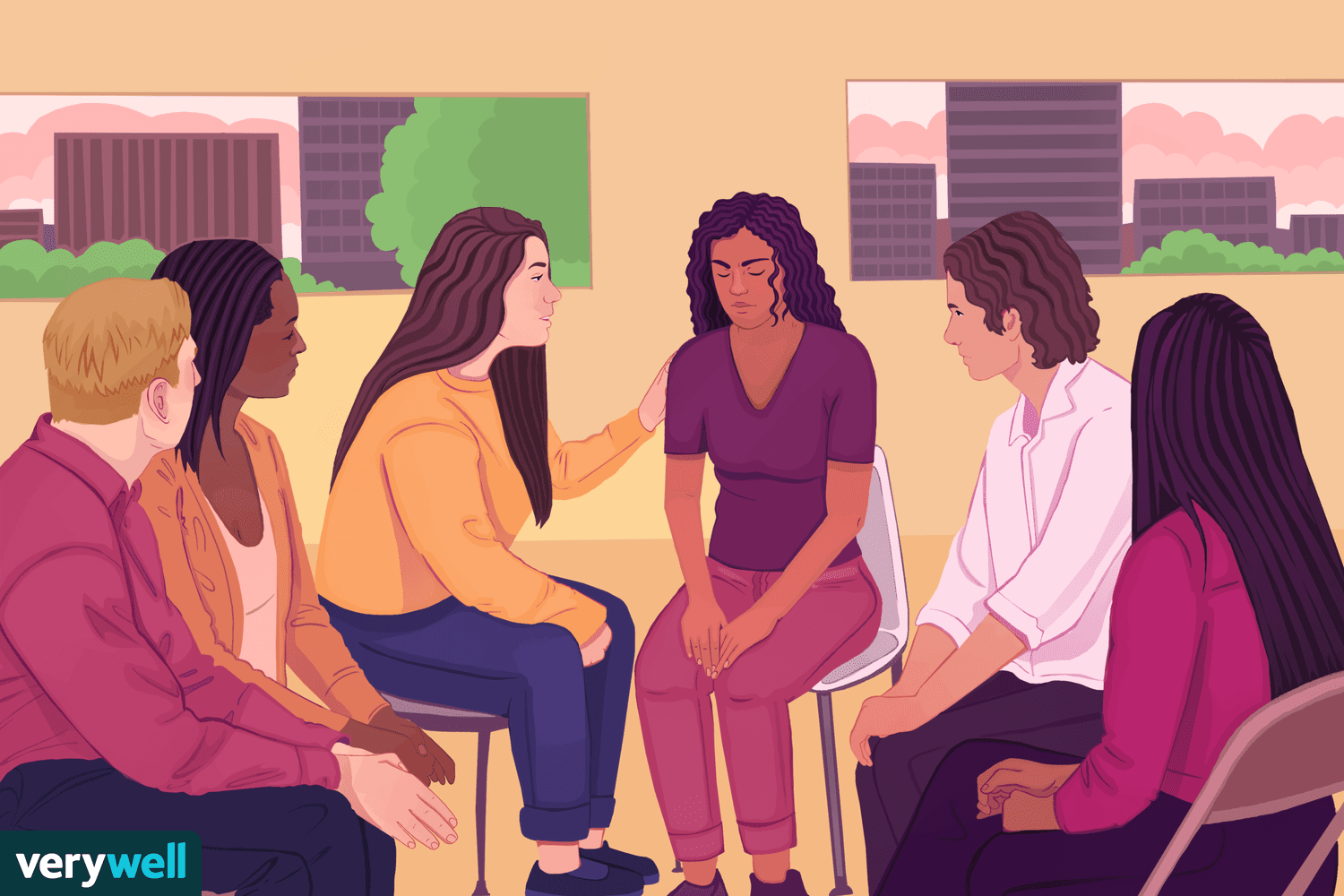Addiction is a pervasive issue that touches the lives of millions of people worldwide. Whether it’s substance abuse, such as alcohol or drugs, or behavioral addictions like gambling or gaming, the impact of addiction goes far beyond the individual struggling with it. As members of society, it is important for us to recognize the importance of understanding addiction and the role each of us can play in addressing this complex issue.
First and foremost, addiction is a public health concern. It affects individuals of all ages, races, and socioeconomic backgrounds, leading to devastating consequences for individuals, families, and communities. From health problems and financial instability to strained relationships and legal issues, the ripple effects of addiction are profound and far-reaching. By raising awareness about addiction, we can shed light on its prevalence and the urgent need for effective prevention, treatment, and support services.

When it comes to the science, Glutamate, particularly in the mesolimbic dopamine system, plays a significant role in mediating the rewarding effects of drugs. Drugs of abuse, such as cocaine, heroin, and alcohol, can increase the release of dopamine in the nucleus accumbens, a key part of the brain’s reward circuitry. Glutamate transmission from neurons in other brain regions, such as the prefrontal cortex and the amygdala, to the nucleus accumbens is critical for regulating dopamine release and reinforcing drug-seeking behavior.
Addiction is also linked to mental health. Many individuals struggling with addiction also battle co-occurring mental health disorders such as depression, anxiety, or trauma. Addressing addiction requires an approach that recognizes the relationship between mental health and substance abuse. By promoting mental health awareness and destigmatizing seeking help for mental health issues, we can create a more supportive environment for individuals seeking recovery from addiction.
Each of us has a role to play in addressing addiction within our communities. Education is a powerful tool in combating stigma and misinformation surrounding addiction. By learning about the science of addiction, including its neurobiological underpinnings and risk factors, we can foster empathy and understanding for those affected by addiction. Additionally, we can advocate for policies and resources that prioritize addiction prevention, early intervention, and access to evidence-based treatment options.
Furthermore, support and compassion are essential components of addiction recovery. As members of society, we can offer a helping hand to those struggling with addiction by providing non-judgmental support, encouragement, and access to resources. Whether it’s volunteering at a local recovery center, participating in community awareness events, or simply lending a listening ear to someone in need, small acts of kindness can make a significant difference in someone’s journey toward recovery.

Prevention is another key aspect of addressing addiction. By promoting healthy coping mechanisms, life skills, and resilience-building strategies, we can empower individuals to make positive choices and avoid the pitfalls of addiction. This includes providing education and support to young people, as well as promoting community-wide initiatives that reduce risk factors and promote protective factors against addiction.
In conclusion, addiction is a complex issue that requires a collective effort to address effectively. By raising awareness, promoting understanding, and offering support, each of us can contribute to creating a society where individuals affected by addiction are met with compassion, empathy, and access to the resources they need to heal and thrive. Together, we can make a difference in the lives of those impacted by addiction and build healthier, more resilient communities for all.

“Glutamate Receptors and Drug Addiction.” Neuropathology of Drug Addictions and Substance Misuse, Academic Press, 29 Apr. 2016, www.sciencedirect.com/science/article/abs/pii/B978012800634400010X.
Volkow, Nora D., et al. “Neuroscience of Addiction: Relevance to Prevention and Treatment.” American Journal of Psychiatry, 25 Apr. 2018, ajp.psychiatryonline.org/doi/10.1176/appi.ajp.2018.17101174.
Melinda Smith, M. A. (2024, February 5). Understanding addiction. HelpGuide.org. https://www.helpguide.org/harvard/how-addiction-hijacks-the-brain.htm
Community Health Net. (2024, January 9). Substance abuse awareness: Breaking free from addiction together. https://www.community-healthnet.com/posts/substance-abuse-awareness-breaking-free-from-addiction-together/
